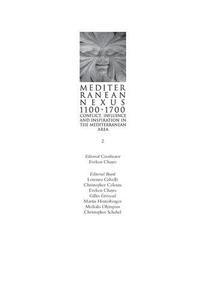
Free Download Famagusta: Art and Architecture, vol. I By Annemarie Weyl Carr (Ed.)
2014 | 460 Pages | ISBN: 2503541305 | PDF | 9 MB
Newly accessible to scholarly view, the imposing late medieval cityscape of Famagusta here receives its first synthetic examination since Camille Enlart's great study of 1899.During the period of Latin rule on Cyprus (1191-1571), Famagusta went from being a small fishing village to a populous, cosmopolitan center of international trade by the early fourteenth century. After the fall of Acre in 1291 the Lusignan kings of Cyprus, now also kings of Jerusalem, made Famagusta a quasi capital-in-exile, with a new cathedral as the coronation church of the Kingdom of Jerusalem. The city began to stagnate with shifting trade patterns and the Black Death, was annexed by the Genoese after their invasion and partition of the island in 1374, and was only reunited with the Kingdom of Cyprus in 1464 with King James II "the Bastard's" reconquest. With the Venetian takeover of the island in 1474, Famagusta experienced a demographic, economic, and artistic renaissance. In 1571, after an epic siege, the city fell to the Ottoman Turks, and from then on visitors described the ruins of the once great Gothic jewel of the Eastern Mediterranean with melancholic nostalgia.In its heyday, Famagusta was home to Greeks, Franks, Armenians, Jews, Syrians of various religious backgrounds, and numerous merchants from the Italian trading cities, above all Genoa and Venice. Smaller groups completed the mix. With money pouring in from trade and the support of the crown, in the fourteenth century the town was encircled with impressive walls, still extant, and dozens of churches were constructed, adopting unique variations of the Gothic style, including large Latin, Greek, and Syrian cathedrals. Many of these are still intact, others consist of evocative ruins among the palm trees with the backdrop of the blue sea. This fascinating history and its heritage are dealt with within the present volume.
Links are Interchangeable - Single Extraction
